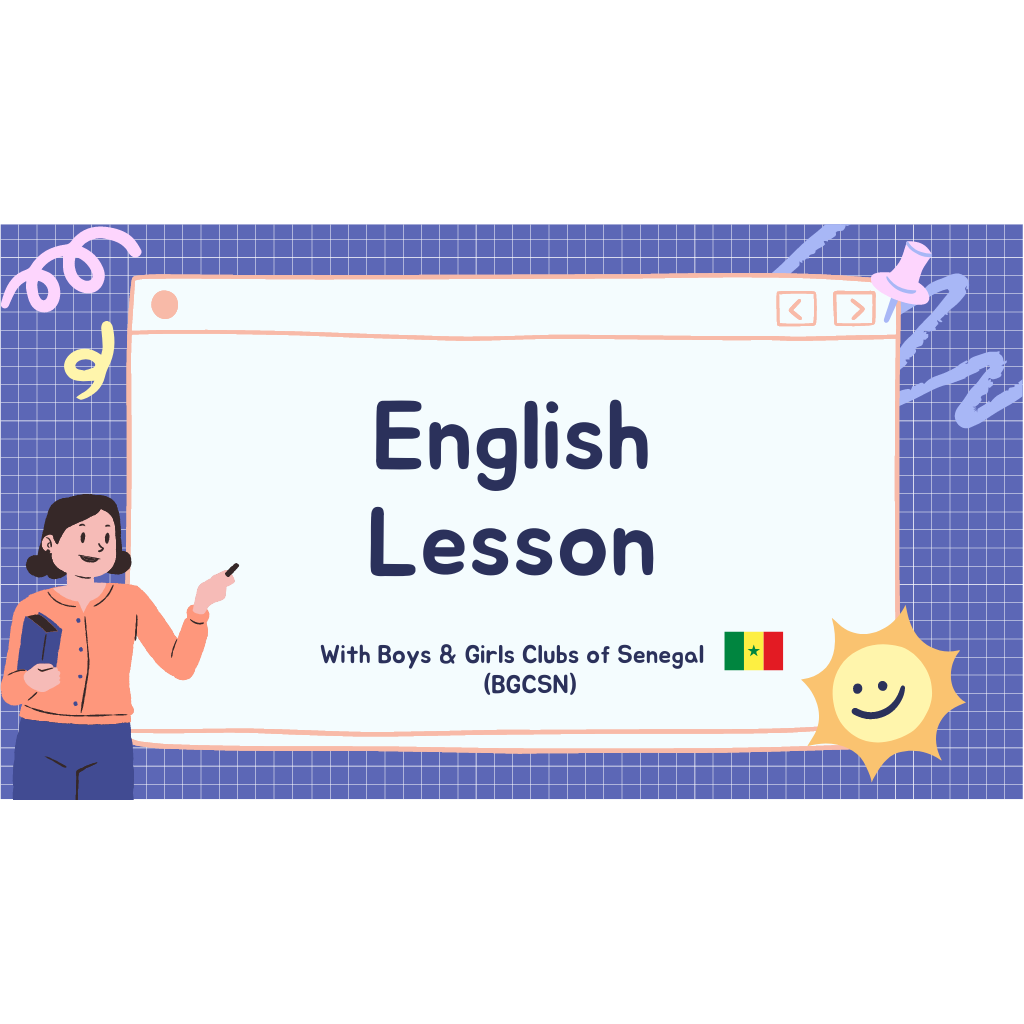Are you interested in improving your understanding of the English language? Unlock your potential by learning the power of suffixes! Suffixes are small word endings that help us create almost limitless new words from just a few simple root words. By mastering the power of suffixes, you can greatly expand your vocabulary and enhance your writing skills.
Start your vocabulary-building journey by familiarizing yourself with the most popular suffixes. To make a noun, try adding the suffixes “–tion” or “–ment”. For example, the words “inform” and “entertain” can be turned into the nouns “information” and “entertainment”.
If you want to make a verb, try adding the suffix “–ize” or “–ify”. “Organize” and “simplify” are both examples of verbs formed using these suffixes. You can also add the suffix “–able” to root words, such as “manage” to create “manageable”, and “depend” to make “dependable”.
Suffixes can also help you create adjectives. If you add the suffixes “–ous” or “–ive” to root words, you will get adjectives such as “nervous” and “positive”.
Unlock your potential and build your vocabulary by using suffixes! Start with the basics and explore all the different root words and suffixes. With practice, you will soon be a master of the English language. Improve Your Vocabulary With Suffixes
Expanding your vocabulary is essential for effective communication and understanding in any language. In English, one way to enhance your word bank is by learning and using suffixes. A suffix is a group of letters that is added to the end of a word to change its meaning or function. By becoming familiar with common suffixes, you can create and understand a multitude of new words. So, let’s dive into the world of suffixes and unlock the power to express yourself with precision and eloquence!
1. -ful: This suffix is used to show that something is full or characterized by a particular quality. For example, adding “-ful” to “wonder” creates “wonderful,” meaning full of wonder or causing wonder. Other examples include beautiful, playful, and helpful. By using “-ful” correctly, you can bring vividness and context to your conversations.
2. -less: By adding “-less” to a word, you indicate the absence or lack of something. For instance, “hope” becomes “hopeless,” meaning without hope. Similarly, fearless, tireless, and jobless all convey a feeling of lacking. Understanding this suffix allows you to express various negative emotions or states effectively.
3. -tion/-sion: These suffixes are used to form nouns from verbs and often denote an action, process, or state. For example, adding ”-tion” to “explore” gives us “exploration,” which refers to the act of exploring. Some other common examples include interaction, comprehension, and discussion. By mastering these suffixes, you can express complex ideas and articulate your thoughts with precision.
4. -able/-ible: These suffixes are added to verbs to form adjectives that indicate the capability, possibility, or quality of something. For instance, “predict” becomes “predictable,” meaning something that can be predicted. Similarly, lovable, feasible, and understandable all suggest the capacity or quality of the base word. Utilizing “-able” and “-ible” appropriately will enable you to describe various characteristics with finesse.
5. -er/-or: These suffixes are used to form nouns that indicate a person or thing performing a specific action or possessing a particular quality. Adding “-er” to ”teach” creates “teacher,” referring to a person who teaches. Likewise, actor, singer, and dancer all highlight the doer or performer of an action. By employing “-er” and “-or” correctly, you can easily identify people in different roles and communicate effectively.
These are just a few examples of the vast array of suffixes in English. By familiarizing yourself with common suffixes, you can decipher the meanings of new words and even create your own. Reading extensively, using vocabulary resources, and practicing with exercises will help you become proficient in recognizing and incorporating suffixes into your vocabulary. Strengthening your vocabulary in this manner will undoubtedly enhance your language skills and allow you to express yourself with clarity, precision, and fluidity.
Remember, learning a language is a continuous journey, and building your vocabulary is an ongoing process. So, embark upon this enriching adventure of suffixes, and witness how your linguistic prowess takes flight!
What have you got to lose? Unlocking your potential to further build your vocabulary with suffixes is a gold mine waiting to be discovered. So, why not pick up a dictionary, grab a pen and paper, and set yourself on a journey of exploration. The path forward is out there, just be sure to take it!
